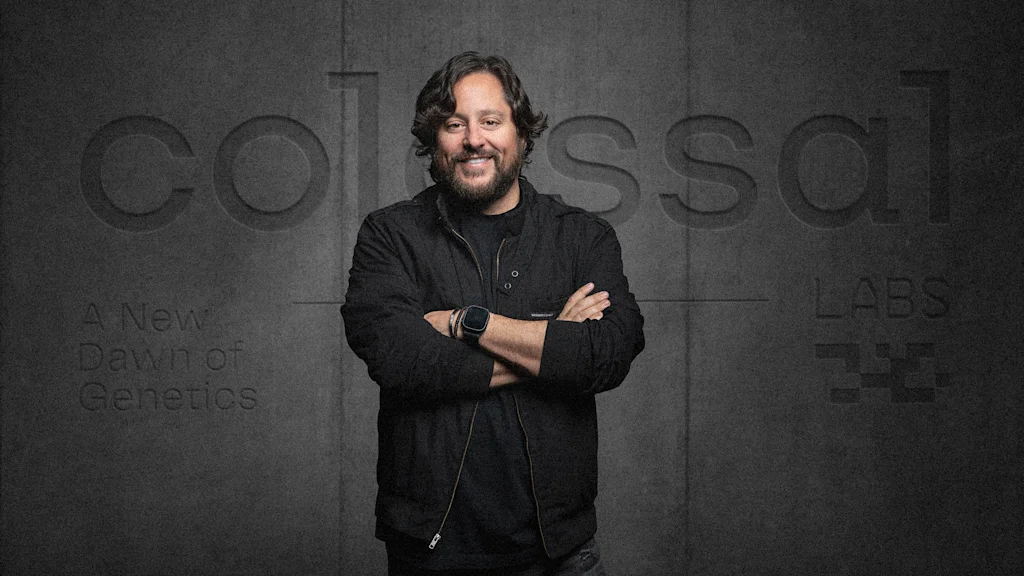#cloning
#cloning
[ follow ]
#de-extinction #genetic-engineering #nuclear-transfer #genetics #infertility #crispr-cas9 #colossal-biosciences
fromAxios
4 months agoScientists turn human skin cells into "functional" eggs
This early stage research could one day also be used to treat infertility for women of advanced maternal age "or those who are unable to produce viable eggs due to previous treatment of cancer or other causes," according to an OHSU post. Yes, but: The Portland-based team noted several limitations in their proof-of-concept study, published in Nature Communications on Tuesday, notably that all of the embryos had chromosomal abnormalities.
Science
fromwww.bbc.com
4 months agoHuman skin DNA fertilised to make embryo for first time
US scientists have, for the first time, made early-stage human embryos by manipulating DNA taken from people's skin cells and then fertilising it with sperm. The technique could overcome infertility due to old age or disease, by using almost any cell in the body as the starting point for life. It could even allow same-sex couples to have a genetically related child.
Science
fromInfoWorld
8 months agoNew to Rust? Don't make these common mistakes
When you're writing your first Rust programs, the complexities of ownership and borrowing can be dizzying. If all you want to do is write a simple program that doesn't need to be performant, Rust's memory management might seem intrusive.
Bootstrapping
[ Load more ]




